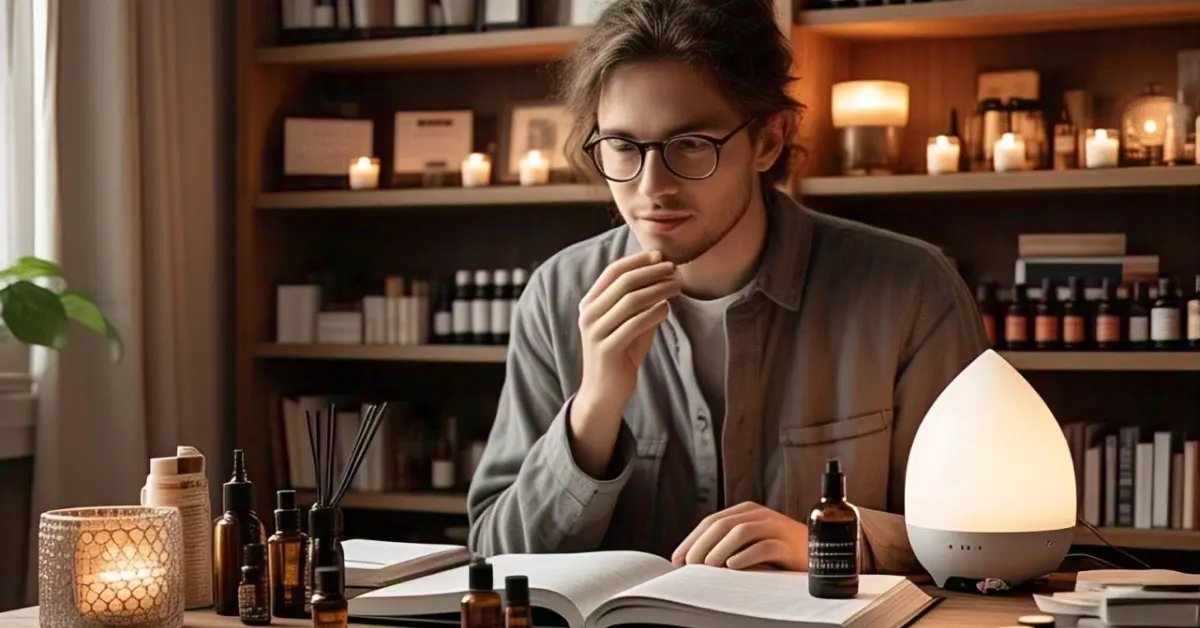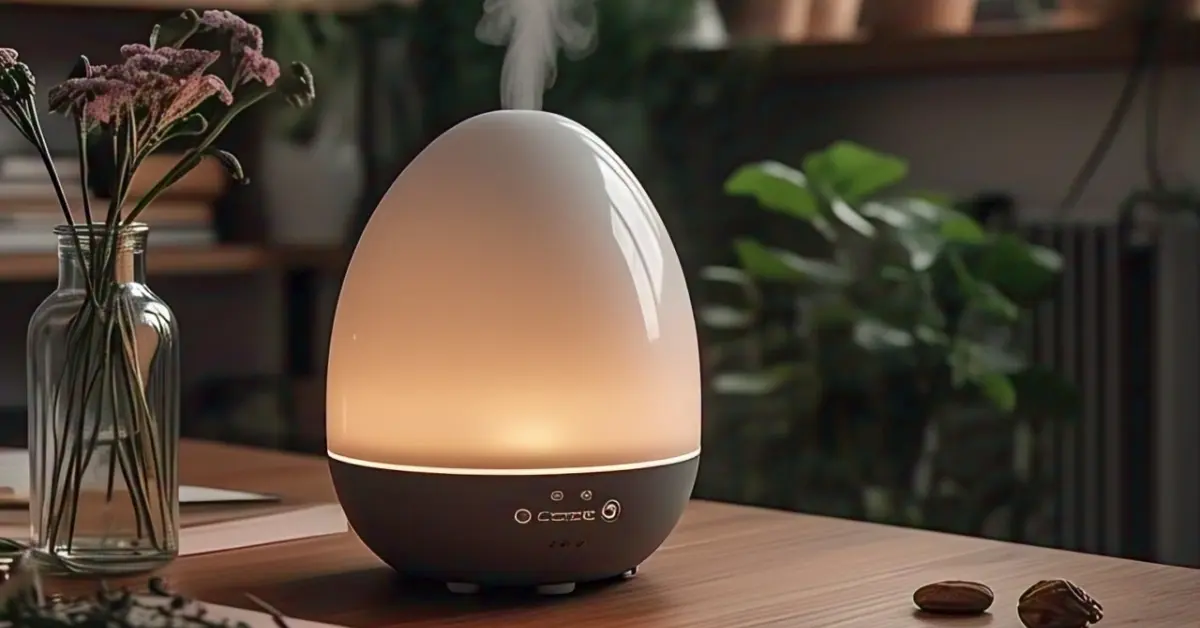Are you feeling frazzled, stressed or overwhelmed? Do you crave a calming escape from the chaos of everyday life? Look no further than the soothing world of herbal teas! For centuries, these natural elixirs have provided comfort, tranquility and relaxation to those seeking refuge from stress and anxiety. In this comprehensive guide, we’ll delve into the wonderful world of herbal teas, exploring their benefits, brewing methods and blissful blends.
The Healing Power of Herbal Teas
Herbal teas offer:
- Calming effects: Reducing anxiety and stress.
- Improved sleep: Promoting restful slumber.
- Boosted mood: Uplifting and calming properties.
- Digestive relief: Soothing digestive issues.
- Immune system support: Rich in antioxidants.
Top 15 Herbal Teas for Stress Relief and Relaxation
- Chamomile Tea: Soothes anxiety and promotes relaxation.
- Lavender Tea: Calms the mind and promotes restful sleep.
- Ashwagandha Tea: Reduces cortisol levels and stress.
- Kava Tea: Relaxes muscles and calms anxiety.
- Peppermint Tea: Eases tension and improves focus.
- Ginger Tea: Aids digestion and reduces nausea.
- Rooibos Tea: Rich in antioxidants, calming and caffeine-free.
- Tulsi Tea: Adaptogenic properties combat stress.
- Passionflower Tea: Calms anxiety and promotes relaxation.
- Valerian Root Tea: Improves sleep quality and reduces stress.
- Lemon Balm Tea: Uplifting and calming.
- Bergamot Tea: Reduces anxiety and stress.
- Yarrow Tea: Promotes relaxation and calms nerves.
- Hops Tea: Sedative properties aid sleep.
- Rose Tea: Uplifting and calming.
Brewing Methods
- Infusion: Steeping herbs in hot water.
- Decoction: Boiling herbs in water.
- Cold brew: Steeping herbs in cold water.
- Tea blends: Combining herbs for enhanced benefits.
Blissful Blends
- “Tranquility”: Chamomile, lavender and valerian root.
- “Calm Focus”: Peppermint, ginger and ginseng.
- “Relaxation”: Kava, passionflower and lemon balm.
- “Sleep Serenade”: Chamomile, lavender and rooibos.
- “Stress-Less”: Ashwagandha, tulsi and green tea.
Enhancing Your Tea Experience
- Create a peaceful atmosphere: Dim lighting, soothing music and comfortable seating.
- Mindful sipping: Focus on flavors, aromas and sensations.
- Pair with self-care: Yoga, meditation, reading or a warm bath.
- Experiment: Find your favorite teas and blends.
- Consult a healthcare professional: Ensure safety and efficacy.
Tips for Incorporating Herbal Teas into Daily Life
- Start small: Begin with one tea and observe its effects.
- Make it a ritual: Savor each sip mindfully.
- Replace coffee: Switch to herbal teas for a calming boost.
- Share with friends: Host a tea-tasting gathering.
- Explore local tea shops: Discover unique blends.
Conclusion
Herbal teas are a gentle, yet powerful, tool for finding calm in chaos. By incorporating these soothing brews into your daily routine, you’ll discover serenity, clarity and a deeper connection to your inner self. So, take a deep breath, steep a cup and let the tranquility begin!


